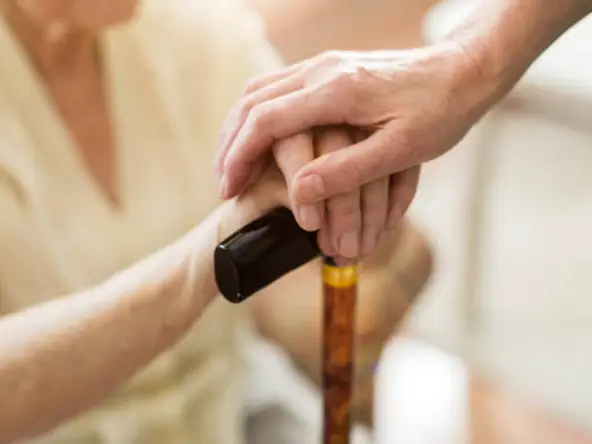Description
Parkinson’s disease is a neurodegenerative disease characterized by sensory and motor impairment involving resting tremors, postural instability, gait difficulty, rigidity, speech difficulty, behavioural changes etc. It has a major socioeconomic impact on society. The chronic progressive course of the disease often leads to severe disability resulting in high expenses for treatment and rehabilitation of patients.
Primary symptoms can be divided into two:
- Motor symptoms
- Non-motor symptoms (Cognitive) – autonomic dysfunction, neuro psychiatric problems (mood, cognition, behaviour or thought alterations)
- Tremor
- Slowness of movement
- Rigidity
- Postural instability
- Parkinsonian gait
Some of the secondary symptoms include:
- Anxiety, Insecurity feeling & Stress
- Confusion, Memory loss and Dementia (more common in elderly individuals)
- Constipation
- Depression
- Difficulty in Swallowing (Dysphagia) and excessive salivation (Drooling)
- A diminished sense of smell etc.
Causes (Nidana):
- Hereditary
- Drug-Induced
- Traumatic (Internal & External)
- Exposure to extreme climatic conditions
- Exposure to Chemicals, Fertilizers and other Poisonous materials
Ayurvedic Treatments:
In ancient Ayurvedic treatises, there is a reference for Kampavata which can be considered Parkinson’s Disease. Ayurveda takes a unique approach to the management by Ayurvedic principles with a special emphasis on eliminating their causes by Panchakarma and medicinal treatment with the help of a wide range of herbal and herbal-mineral drugs. Ayurveda describes a large number of drugs which will stimulate mental activity and nervous system tonics. Being a neurodegenerative disease, Parkinson’s disease is treated by Rasayana or the Rejuvinative approach in Ayurveda. Rasayana drugs are essentially nutraceutical agents and Medhya Rasayana is specific neuro-nutrients or nervine tonics with nootropic effects.
Pathya (Dietary Regimens)
Pathya for kampavata is a nutritious diet with high-fibre food, Wheat, Jowar, Kulatha, Masha, Til and Sarshapa (mustard) oil, Ghee, Milk, Lashuna, Hingu, Ela, and especially meat of some selective animals.
Additional Treatment
- Regular physical exercise
- Physiotherapy
- Speech and language therapy
- Occupational therapy
- The support of clinical psychologists


